Key Takeaways
- Ghost of Yotei will feature a new protagonist, Atsu, seeking revenge in a new setting.
- Ghost of Tsushima’s final act was criticized for a lackluster climax, particularly in the Khan battle.
- Ghost of Yotei should improve on Tsushima’s flaws by creating a more emotional, diverse, and impactful final battle.
Now that it has been confirmed that Ghost of Yotei, the highly anticipated sequel to Ghost of Tsushima, will be launching on a clean slate with a new protagonist and a fresh setting, there’s plenty of room for speculation about how it could build on its predecessor’s strengths while simultaneously improving upon its shortcomings. Set in 1603, 300 years after Ghost of Tsushima, Ghost of Yotei introduces a new protagonist, Atsu, who is led to the land of Ezo (modern day Hokkaido) on a revenge path. Naturally, Ghost of Yotei‘s brand-new setting and protagonist offer a unique opportunity for it to refine the narrative of its predecessor, with Ghost of Tsushima‘s final act, in particular, being brought to mind.
With all the build-up in Ghost of Tsushima‘s narrative, from the moment Jin is set on his path to the moment when he finally confronts Khotun Khan, there is reason to believe that the game’s climax will feel satisfying and believable, especially given Jin’s arduous journey of growth. However, the final act of Ghost of Tsushima ultimately falls flat for one glaring reason, and now Ghost of Yotei has a chance to craft a more meaningful conclusion, especially regarding Atsu’s final battle against whoever the game’s overarching antagonist may be.
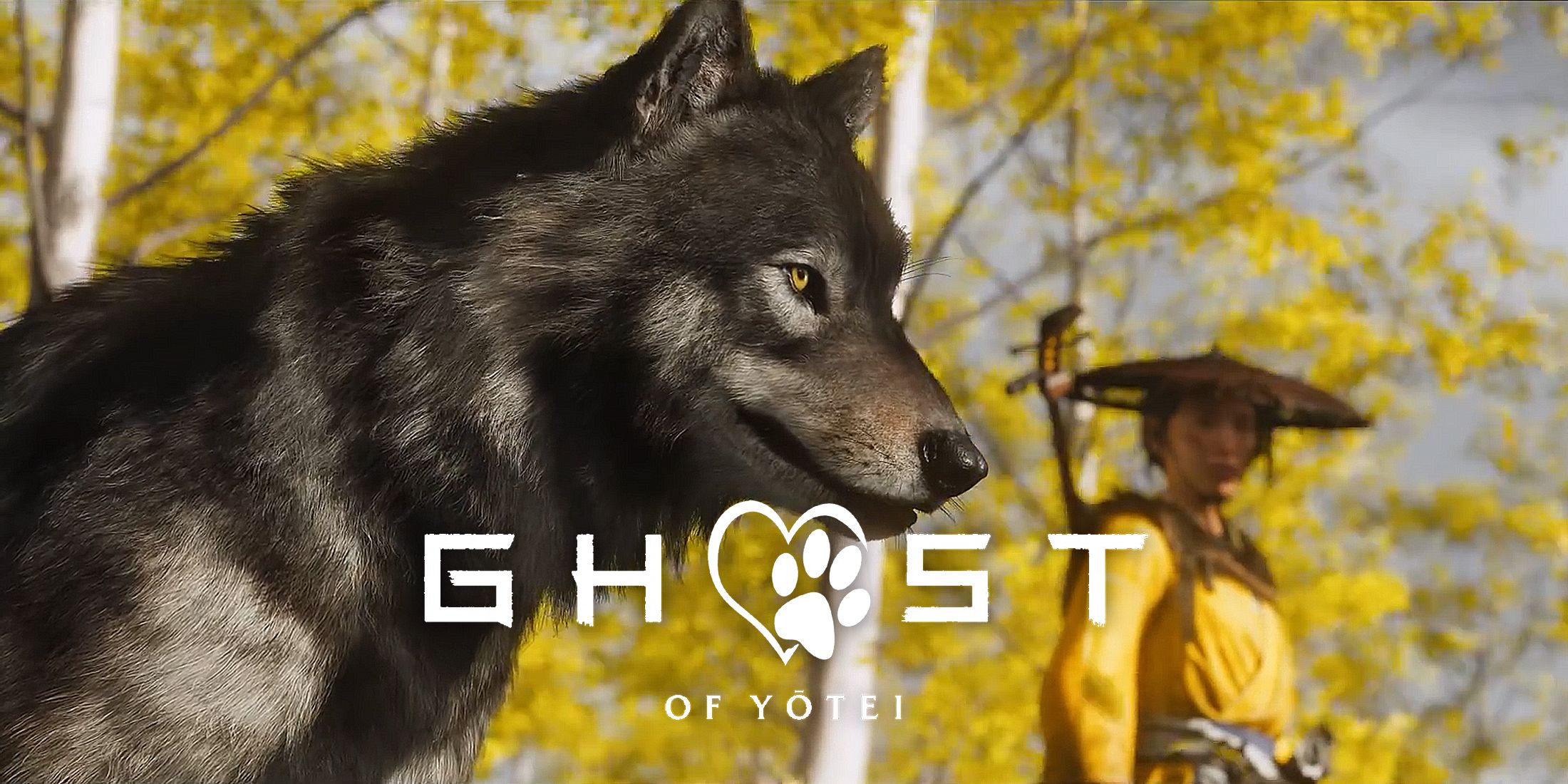
Related
Why Ghost of Yotei Could Benefit From a Friendly Animal Companion
While it hasn’t been confirmed yet whether Atsu will receive an animal companion in Ghost of Yotei, the feature could benefit her in the long run.
Ghost of Yotei’s Final Act Needs to Rise Above Tsushima’s
Ghost of Tsushima’s Khan Battle Felt Anticlimactic Due to Artificial Difficulty
Given all the emotion that should be surrounding Jin’s final confrontation with Khotun Khan in Ghost of Tsushima, one would think the fight would be something more memorable than what it is. Unfortunately, it is effortlessly outdone by Ghost of Tsushima‘s true final battle against Lord Shimura, Jin’s uncle. Perhaps this is what Sucker Punch intended, wanting to relay importance to the fight against Lord Shimura instead of Khotun Khan. Nevertheless, with the Khan being such a central figure in Ghost of Tsushima‘s conflict, it might have been better with a little more intentionality poured into its design.
The major point of criticism about Ghost of Tsushima‘s Khotun Khan confrontation is, firstly, how spongy the Khan feels, especially in light of Jin’s power by that point in the story, as well as all that he has learned. Not only does the Khan have a considerable amount of health, but once players “defeat” him once, they have to fight through waves of enemies afterward before they reach the Khan once again and have an opportunity to deliver the final blow. To top it all off, the battle with the Khan is far too straightforward and doesn’t necessarily demand players to use Jin’s massive arsenal of tools and skills he has gained and learned by that point in the story.
Ghost of Yotei’s Final Battle Needs to Be Believable and Climactic
To ensure it doesn’t trip over the same pothole that knocked down Ghost of Tsushima‘s final confrontation, there are a few things Ghost of Yotei will want to consider. Firstly, Ghost of Yotei‘s final battle needs to have a deeply personal stake for Atsu, and it needs to actually come out in the battle itself. There was indeed a personal drive behind Jin’s defeat of the Khan in Ghost of Tsushima, but the simplistic nature of the battle and anticlimactic tone ultimately robbed it of any emotion it might have otherwise exhibited. Fortunately, with Atsu’s journey in Ghost of Yotei having already been labeled a story of “underdog vengeance” by Sucker Punch, its final confrontation may indeed resonate emotionally with players.
Ghost of Yotei
‘s final battle needs to have a deeply personal stake for Atsu, and it needs to actually come out in the battle itself.
Secondly, Ghost of Yotei‘s final encounter needs diverse mechanics to ensure it doesn’t succumb to the monotony of Jin’s final battle with Khotun Khan. Perhaps Ghost of Yotei incorporates the environment into the final encounter, like the icy terrains of Mt. Yotei or volcanic activity. It could also divide the final encounter into multiple phases, with the antagonist evolving each time and therefore the fight as well. Finally, since Ghost of Yotei has been confirmed to consider players’ choices more than Ghost of Tsushima did, perhaps their choices could impact the dialogue and events of the final battle to strengthen players’ personal connection to the encounter.
In light of Ghost of Tsushima‘s final confrontation falling flat in various ways, Ghost of Yotei now has the opportunity to up the ante and offer an encounter players arguably should have had in the first game. With deeper emotional resonance, unique and diverse gameplay mechanics, and accounting for players’ choices, Ghost of Yotei‘s final act could easily rise above Ghost of Tsushima‘s for an epic conclusion to the next tale in the Ghost franchise.
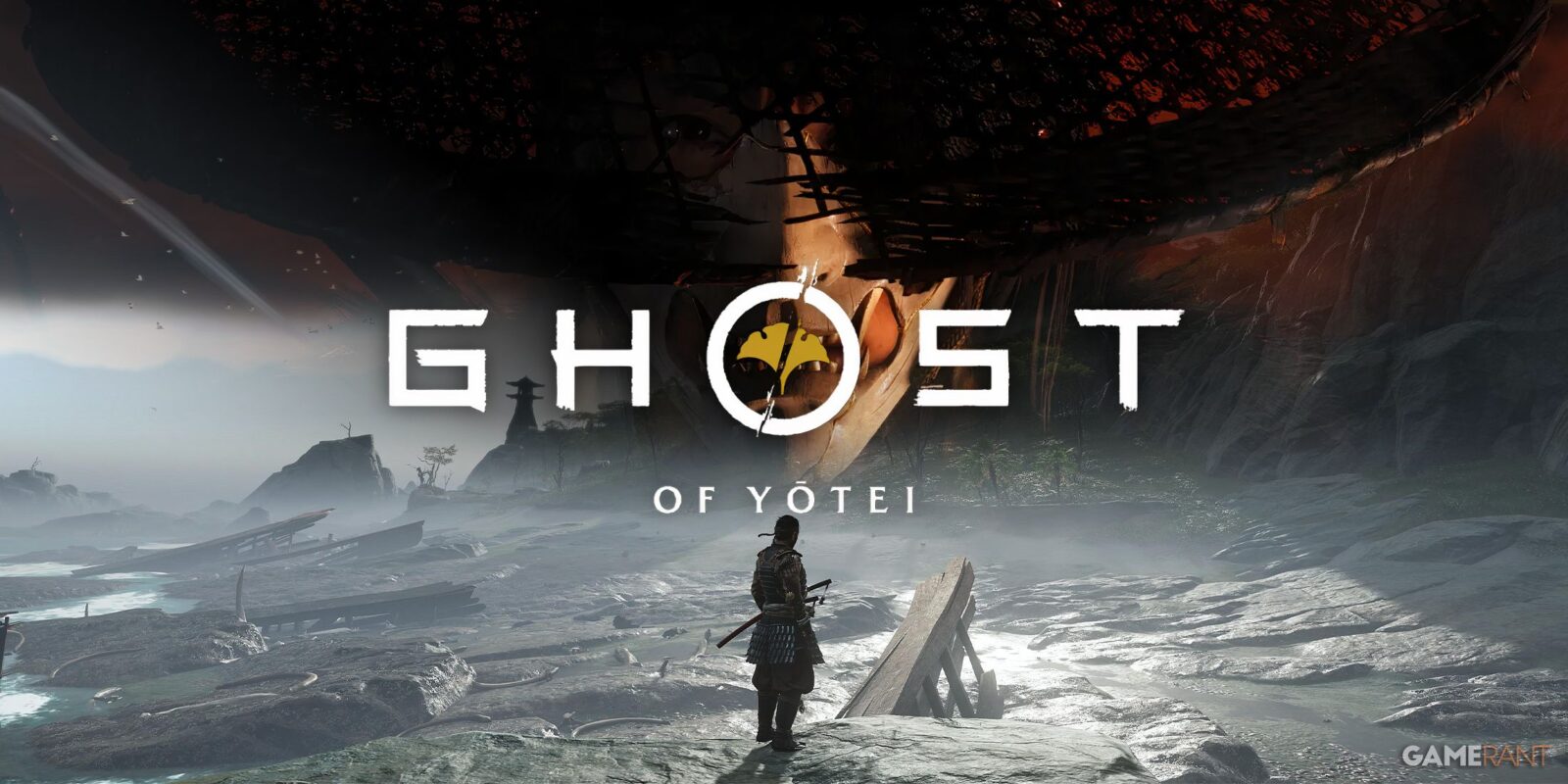

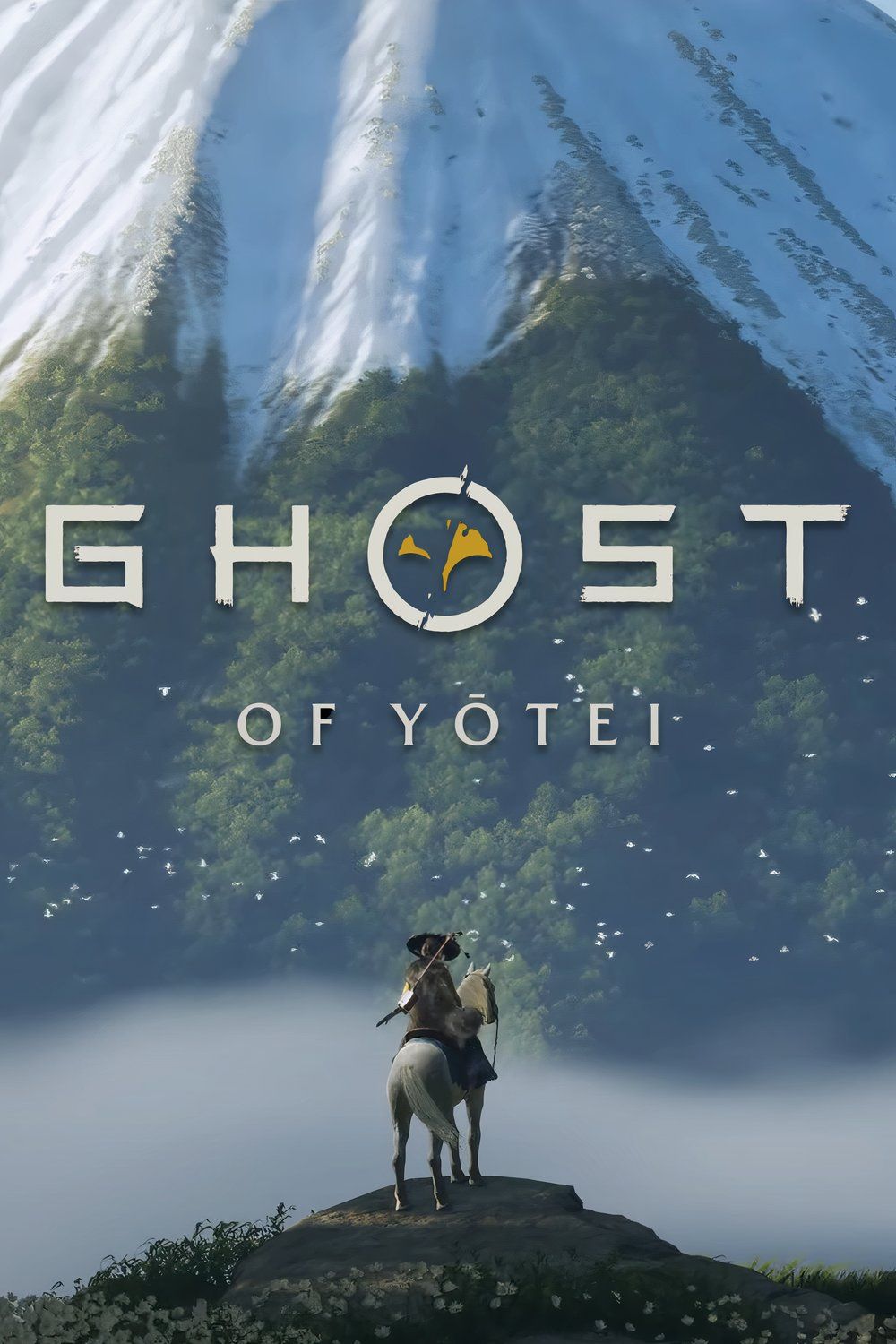







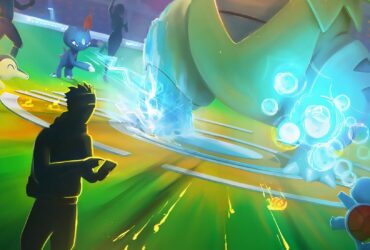


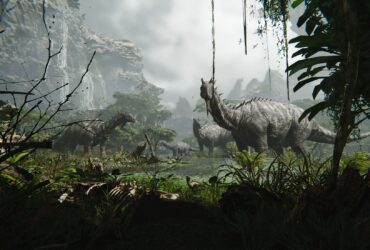
Leave a Reply